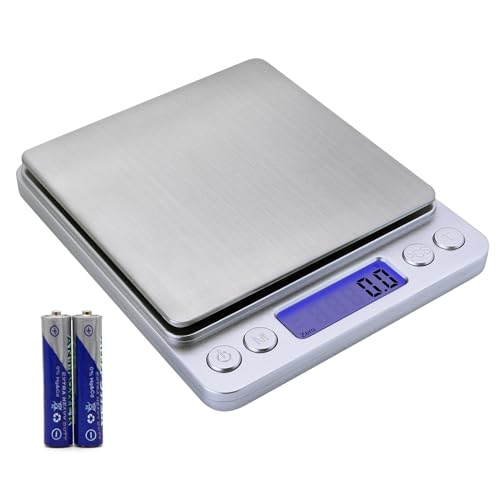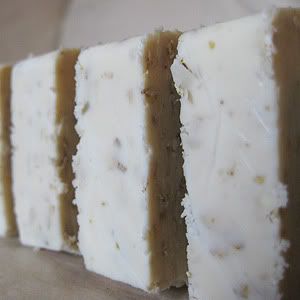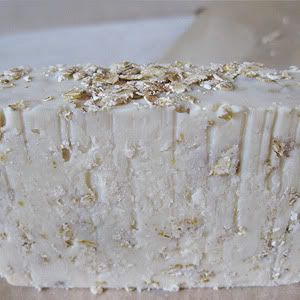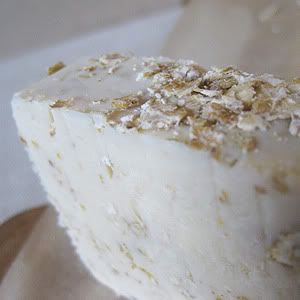erniemay
Active Member
I'm contemplating making a honey and oatmeal castille next and have been reading up on various recipes and comments on the forum. I am now uncertain about the use of beeswax. Some castille recipes use it some don't.
The reasons I've come across for using beeswax include:
1. Gives a silky grain to the soap
2. Speeds up saponification (nice for working with lots of OO but is it needed as this could be achieved with a water discount...?)
3. Gives a honey scent (a positive, if true, for its use when making a honey soap)
4. Helps to give a hard soap
5. Is a protective allogen blocking barrier in the soap
I believe 2 & 4 may be true from what I've read, but what about the others? Also, if I add 2% beeswax would that mean that my soap is not 100% olive oil and therefore not a true castille? Or would it not count as wax is not an oil or a butter?
The reasons I've come across for using beeswax include:
1. Gives a silky grain to the soap
2. Speeds up saponification (nice for working with lots of OO but is it needed as this could be achieved with a water discount...?)
3. Gives a honey scent (a positive, if true, for its use when making a honey soap)
4. Helps to give a hard soap
5. Is a protective allogen blocking barrier in the soap
I believe 2 & 4 may be true from what I've read, but what about the others? Also, if I add 2% beeswax would that mean that my soap is not 100% olive oil and therefore not a true castille? Or would it not count as wax is not an oil or a butter?













































